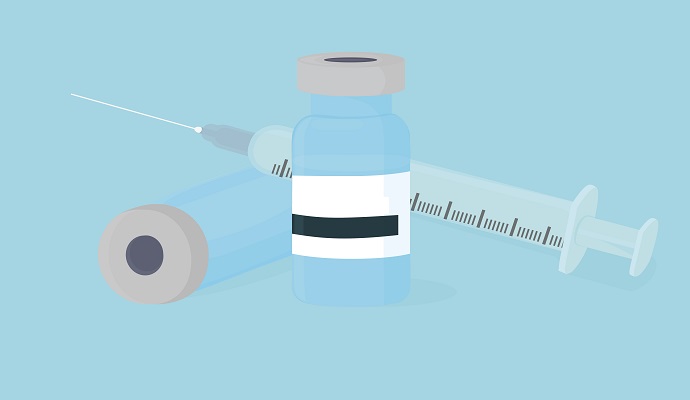HOPDs Treat Sicker, Poorer Medicare Patients Compared to ASCs
The finding calls into question site-neutral payment policies that lower the Medicare reimbursement rate paid to HOPDs, the AHA explains.

Source: Getty Images
- Hospital outpatient department (HOPD) clinics treat poorer and sicker Medicare patients compared to those treated in ambulatory surgical centers (ASCs), according to a recent study from the American Hospital Association (AHA).
The study conducted for the AHA by KNG Health Consulting LLC revealed that, compared to Medicare fee-for-service beneficiaries treated in ASCs, Medicare patients receiving surgical care in HOPDs from 2016 to 2017 were more likely to be:
- Under 65 years old but eligible for Medicare based on disability, end-stage renal disease (ESRD), or amyotrophic lateral sclerosis (ALS) and 85 years or older
- Black or Hispanic
- Dually eligible for Medicare and Medicaid
- From lower-income areas
- Suffering from more severe chronic conditions
- Previously hospitalized
- Cared for in an emergency department (ED) and have greater Medicare spending prior to receiving ambulatory care
The findings highlight the inappropriateness of reimbursing hospitals and health systems the same amount as ASCs and other sites of care under the Medicare system, the hospital association’s top executive explains in a press release.
“America’s hospitals and health systems provide around-the-clock care to all who come to us; this includes the sickest patients and those in the most vulnerable communities,” says Rick Pollack, president and CEO of the AHA. “Physicians tend to refer more complex patients to hospital outpatient departments for safety reasons, as hospitals are better equipped to handle complications and emergencies.”
“Proposals that treat hospital outpatient departments the same as ambulatory surgical centers and other sites of care are misguided, and ignore the healthcare needs of the patients and communities we serve,” he added.
Different sites of care have historically received different Medicare reimbursement rates. For example, Medicare generally pays HOPDs at a higher rate under the Outpatient Prospective Payment System (OPPS) compared to freestanding physician offices and some ASCs, which are reimbursed under the Medicare Physician Fee Schedule (PFS).
However, recent Medicare reimbursement policies are attempting to close the gap between reimbursement rates in an effort to lower outpatient spending. The site-neutral payment policies are lowering OPPS rates for certain HOPD services that can be safely performed in the physician office setting closer to the rates paid to providers under the Medicare PFS.
Medicare anticipates site-neutral payments for clinic visit services alone to reduce spending on outpatient services by $380 million in 2019.
But the AHA argues that the lower Medicare reimbursement rates for HOPD care “fail to recognize the legitimate differences in the types of services hospitals provide, as well as the types of patients hospitals serve.”
Their study shows that Medicare patients treated at HOPDs require a greater level of care than ASC patients based on their age, race, eligibility status, economic background, and previous healthcare utilization. Therefore, hospitals should receive higher reimbursement rates compared to freestanding physician offices and ASCs, the AHA concludes.
Failing to account for the types of patients treated in HOPDs could reduce access to care for vulnerable patients, the leading hospital association adds.
Hospitals – which have more comprehensive licensing, accreditation, and regulatory requirements – already face Medicare reimbursement rates that do not cover the actual costs of treating Medicare patients. The AHA found that Medicare margins for outpatient services in fiscal year 2017 were negative 12.8 percent for hospitals, and overall, Medicare margins hit a record low of negative 9.9 percent that year.
Lowering Medicare reimbursement rates through site-neutral payment policies would exacerbate the financial challenges faced by hospitals, and by extension HOPDs, the AHA explains.
The AHA recently sued HHS over site-neutral payment policies that lowered the reimbursement rate for clinic services performed in the HOPD. The lawsuit filed by the AHA along with the Association of American Medical Colleges (AAMC) and three individual hospitals claims CMS acted outside the law by implementing the site-neutral payment policy, which significantly harms hospitals.
